Isogenica VHH antibodies used in potential therapy for heart failure

Unlocking a new target in heart failure
One of the characteristic signs of heart failure is defective calcium signalling. Calcium plays an integral role in the contraction and relaxation of the heart muscle. As a calcium pump inhibitor, the protein phospholamban has previously been thought as an important intracellular protein implicated in heart failure, but has proved difficult to target with conventional drug development approaches.
Around a tenth the size of traditional monoclonal antibodies, with high specificity and affinity, VHH antibodies are ideal candidates for use as ‘intrabodies’. These are novel biotherapeutics against hard-to-reach intracellular targets, which make up approximately two thirds of the therapeutic target space.
VHH + viral vector = a winning combination
In this latest study, AstraZeneca researchers screened our highly diverse, fully synthetic VHH library for novel antibodies against phospholamban.
Once a suitable candidate VHH had been identified, the small size of the coding sequence meant that it could be easily packaged into an AAV9 viral vector, under the control of a cardiac muscle-specific promoter. The VHHs were expressed intracellularly as ‘intrabodies’ to disrupt phospholamban signalling and restore normal calcium cycling in the heart.
In vivo experiments with a mouse model of heart failure showed that injection of the viral therapy into the tail vein of the animals resulted in highly specific expression of VHH intrabodies in the heart, along with intracellular target engagement and a positive effect on cardiac function.
Not only is this potentially exciting news for cardiologists and their patients, it also highlights the power of combining VHH antibody discovery and viral vector delivery to create a pipeline for the development of future therapies against a wide range of currently intractable intracellular proteins.
Read the paper in Nature Communications and check out AstraZeneca’s blog post with more information about the study.
Reference
De Genst, E., Foo, K.S., Xiao, Y. et al. Blocking phospholamban with VHH intrabodies enhances contractility and relaxation in heart failure. Nat Commun 13, 3018 (2022). https://doi.org/10.1038/s41467-022-29703-9
Contact us at bd@isogenica.com
